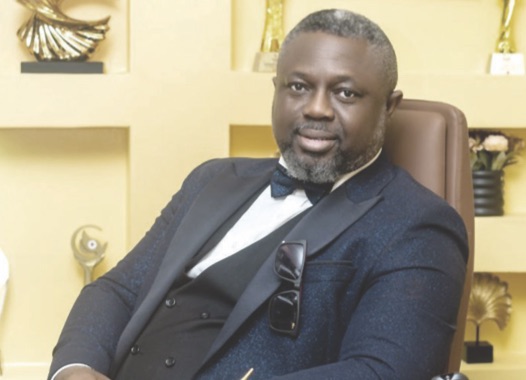By Doris Obinna
Experts have said that Nigeria is seeing an increase in the number of individuals particularly women seeking procedures aimed at enhancing appearance, correcting deformities in bodies from birth defects, injuries or diseases.
Once a luxury reserved for the elite or accessed abroad, aesthetic surgery is now becoming a more common option in restoring confidence after trauma for Nigerians both at home and in the diaspora.
Experts say this trend reflects growing confidence in local healthcare systems and increasing awareness of the diverse reasons individuals pursue cosmetic procedures.
Medical Director, Cynosure Aesthetic Plastic Surgery, Lagos, Dr. Ogbe Omoruyi, told Daily Sun that one in four of his clients comes from outside the country, particularly from the diaspora: “This pattern may indicate a gradual shift in perception about the quality of medical aesthetics in Nigeria.
“We’re seeing more people who would have previously travelled to Europe or North America for these services now choosing to come home. It’s not just about cost; it’s about trust in the care they can receive here.”
While some patients seek surgery for reconstructive reasons such as: correcting birth defects, injuries, or post-pregnancy changes, many others cite psychological and social motivations, Omoruyi explained that some patients look to boost self-confidence, while others are driven by emotional recovery after events like body-shaming or breakups”
“In an age where appearance is often linked to personal branding, especially for public-facing professionals and influencers, aesthetic enhancements are increasingly being viewed as a strategic choice rather than mere vanity.
“People working in digital spaces are especially conscious of their image. There’s pressure to maintain certain standards, and that’s impacting demand. The sector’s growth is also being driven by greater availability of services within Nigeria.
“Cynosure, for instance, recently opened a second facility in Ikoyi, with the need to accommodate clients in Lagos. While this move signals increased demand, it also highlights broader infrastructural challenges that impact healthcare access in urban Nigeria.”
Despite this momentum, some observers remain cautious. Industry analysts point out that cosmetic surgery remains financially out of reach for many Nigerians and still lacks widespread regulatory oversight.
While local clinics appear to be investing in advanced technology and patient safety, Omoruyi said his facility has acquired equipment for non-invasive procedures, emergency care, and critical care monitoring in a bid to align with international protocols.
“These technological advancements are part of the clinic’s broader mission to align its operations with international best practices, ensuring top-tier patient care and ensuring top-tier patient care and safety.
“With the expansion of services and a growing clientele, Nigeria’s plastic surgery landscape is undergoing a significant transformation, marked by increased trust, improved facilities, and a broader regional influence,” he added.


